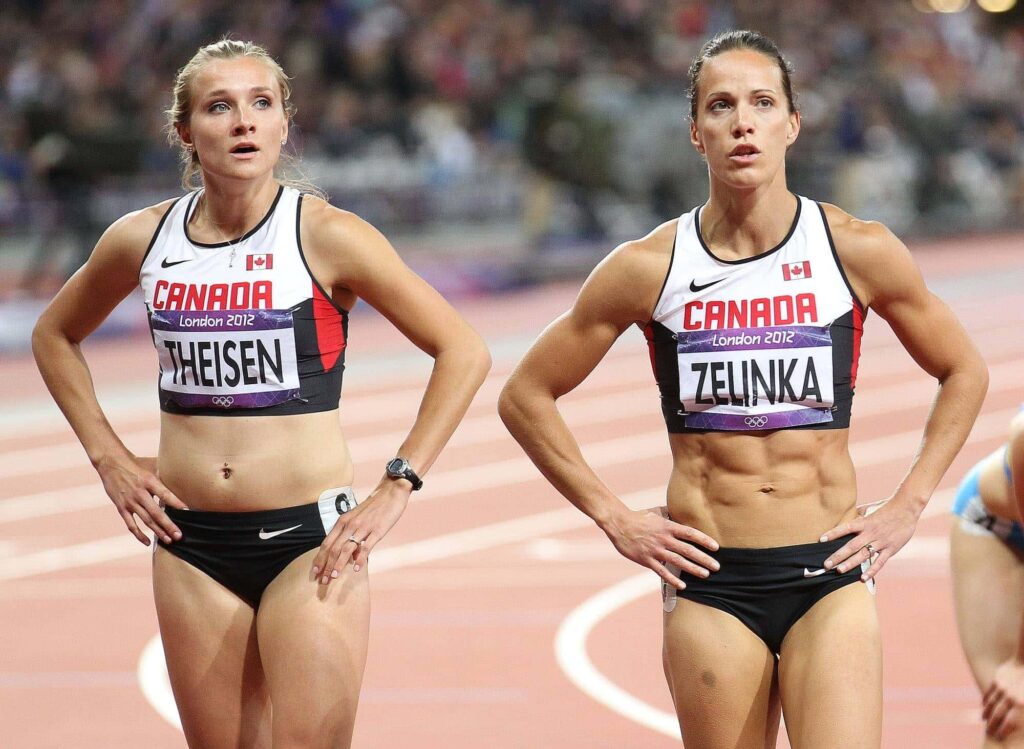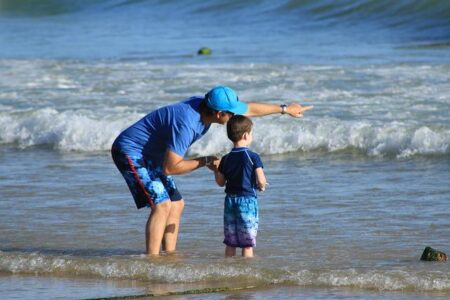Canadian High-Performance Athletes Increasingly Turn to Retirement Resources, SIRC Reports
As the demands of elite sport push Canadian high-performance athletes to their limits, the transition out of competitive careers remains a significant challenge. According to the latest insights from the Sport Information Resource Centre (SIRC), more athletes are actively utilizing retirement resources designed to support their shift into post-sport life. This growing trend highlights both the evolving needs of athletes and the critical role that specialized programs play in ensuring successful career transitions beyond the playing field.
Canadian High Performance Athletes Navigate Retirement with Limited Support
Despite boasting exceptional dedication and accomplishments during their athletic careers, many Canadian high performance athletes face a turbulent transition period after retirement, marked by a lack of cohesive support systems. Research indicates that the majority of these athletes find existing retirement resources fragmented and difficult to access, leaving them to navigate challenges such as financial planning, mental health concerns, and career redirection largely on their own. This gap in structured assistance disproportionately affects those retiring prematurely or suddenly due to injury, underscoring the urgency for more comprehensive and accessible programs.
Key concerns impacting retiring athletes include:
- Inadequate personalized counseling and career development guidance
- Limited awareness of mental health services tailored to athlete needs
- Insufficient financial literacy training aligned with irregular income patterns
| Retirement Challenge | Percentage of Athletes Reporting Issues | Availability of Support Services |
|---|---|---|
| Financial Planning | 68% | Limited |
| Mental Health Support | 55% | Minimal |
| Career Transition Assistance | 72% | Scattered |
Barriers to Accessing Retirement Resources Among Canadian Elite Athletes
Despite the wealth of retirement planning services available, many Canadian elite athletes encounter significant obstacles that hinder their ability to fully utilize these resources. Time constraints caused by rigorous training and competition schedules leave little room for engagement with career transition programs. Furthermore, there is a noticeable lack of tailored communication, with generic information failing to resonate with the unique circumstances athletes face during and after their sports careers. Other critical barriers include:
- Limited awareness of existing support mechanisms
- Stigma surrounding career transition, discouraging help-seeking behaviors
- Financial uncertainty post-retirement impacting access and prioritization
- Geographical disparities, especially for athletes training in remote areas
| Barrier | Impact | Suggested Solution |
|---|---|---|
| Time Constraints | Low engagement in workshops | Flexible, online programming |
| Lack of Awareness | Underuse of services | Targeted outreach campaigns |
| Stigma | Reluctance to seek help | Peer-led mentorship programs |
Addressing these multifaceted challenges requires a coordinated effort among sport organizations, policymakers, and support providers to develop more accessible, personalized, and stigma-free pathways. Equipping high performance athletes with practical, ongoing retirement planning opportunities not only eases their transition but also fosters long-term wellbeing beyond the field.
Innovative Programs Transforming Post-Career Transition Experiences
Across Canada, new initiatives are making significant strides in supporting athletes as they transition out of competitive sports. These programs focus on holistic development, integrating career counseling, mental health support, and networking opportunities into one cohesive experience. Notably, they employ personalized mentorship and leverage partnerships with corporations and educational institutions to ensure athletes are equipped for diverse career paths. This multi-faceted support system is designed to break the stigma surrounding athlete retirement, empowering individuals to view retirement as a new beginning rather than an end.
Key features of these programs include:
- Flexible Learning Modules: Custom courses ranging from financial literacy to entrepreneurship.
- Peer Support Networks: Facilitated group sessions encouraging shared experiences and mutual growth.
- Job Placement Services: Direct links to employers familiar with athletes’ unique skill sets.
| Program | Focus Area | Outcome Metrics |
|---|---|---|
| NextPlay Canada | Career Transition & Education | 75% Employment Within 6 Months |
| MindSport | Mental Health & Wellbeing | 60% Increased Resilience Scores |
| Career Champions | Workforce Integration | 85% Job Placement Rate |
Recommendations to Enhance Retirement Planning and Support Services
To better support Canadian high performance athletes transitioning into retirement, it is essential to expand access to comprehensive education programs focusing on financial literacy, mental health, and career development. Providing tailored workshops and online modules before and during athletes’ competitive years can empower them to make informed decisions well in advance of retirement. Mental health resources must be prioritized, offering continuous counseling and peer support networks that address the psychological challenges many athletes face during identity shifts and adjustment periods.
Collaboration between sports organizations, government bodies, and private sector partners is critical to streamline resource availability and ensure consistent support structures nationwide. Key strategies include:
- Enhanced mentorship programs linking retiring athletes with experienced retirees for guidance and networking.
- Flexible employment opportunities that recognize athletes’ unique skill sets beyond sports.
- Centralized digital platforms consolidating retirement planning tools, educational content, and counseling services.
| Support Element | Recommended Action |
|---|---|
| Financial Planning | Mandatory pre-retirement workshops |
| Mental Health | Year-round access to counseling |
| Career Transition | Job placement partnerships |
Final Thoughts
As Canadian high performance athletes transition out of competitive sport, the availability and utilization of retirement resources remain critical to their long-term success and well-being. This exploration by the Sport Information Resource Centre highlights both the progress made and the challenges that persist in supporting athletes during this pivotal phase. Continued focus on tailored programs and accessible services will be essential to ensure that these athletes can navigate retirement with confidence and thrive beyond their sporting careers.





